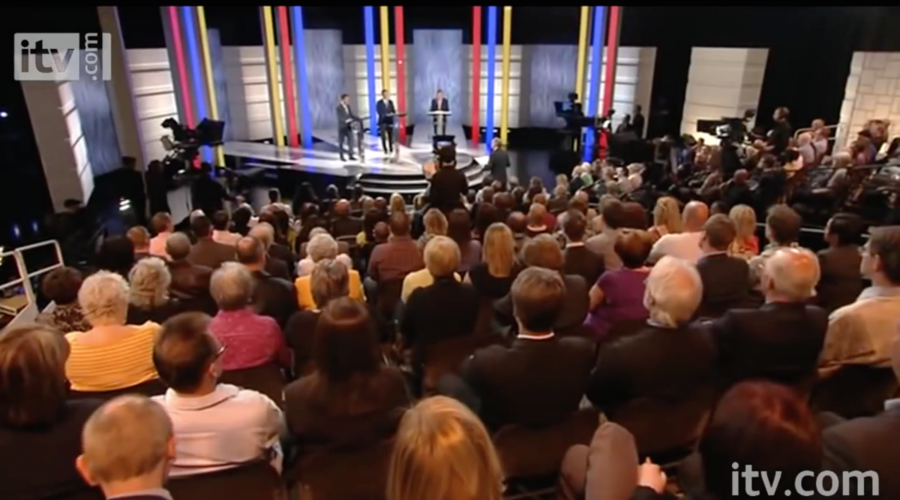Ofcom's decision to recognise UKIP as a major party, while sidelining the greens, has caused contention
Just four months before Britain goes to the polls to elect a new government at the General Election, confusion still reigns over what form, if any, the televised leaders' debates will take.
This week, regulator Ofcom published the reasons why it considers the Conservatives, Labour, Lib Dems and UKIP 'major parties', while excluding the Greens.
With bookmakers suggesting an 80% chance of a hung parliament in May, the relevance of smaller parties and their potential inclusion in the debates is crucial.
Leader of the Green Party, Natalie Bennett has called the draft Ofcom ruling 'deeply disappointing', saying that it 'risks doing damage to British democracy'.
While all three mainstream parties struggle for the support they once had traditionally, the Greens argue that Ofcom is not keeping up with public opinion that is disillusioned with the status quo.
After the Greens beat the Liberal Democrats at the European election, and have consistently polled better than them, it has been questioned why the Greens have been excluded while UKIP are likely to be invited.
Ofcom's review says that their definition of 'major parties' reflects the fact that some political parties have strong support across a range of elections.
It insists that its role is purely to set the rules ensuring 'due impartiality' across broadcast coverage and to allocate party election broadcasts.
An Ofcom spokeswoman added: “The decision on which leaders are represented in any broadcast debates is an editorial matter for broadcasters.”
The watchdog is expected to make its final statement in March.
Also this week, the Prime Minister has been accused of being 'frit' by refusing to take part in debates with out the Greens. This sparked Nick Clegg taking to Twitter to goad his rival: "Come on David Cameron, the broadcasters have invited us, the public expect it, just say yes and stop making excuses." This was followed by a letter on Thursday from Ed Milliband, Nick Clegg and Nigel Farage to the Prime Minister saying it would be unacceptable for him not to turn up to the televised debates.
@David_Cameron Come on David Cameron, the broadcasters have invited us, the public expect it, just say yes and stop making excuses.
— Nick Clegg (@nick_clegg) January 8, 2015
The three party leaders will also urge broadcasters to go ahead with the debates and leave an empty podium if David Cameron continues to block the prospect of him making an appearance.
However a consortium lead by the Guardian, the Daily Telegraph and YouTube have added more confusion to the situation. They have taken Cameron by his word to appear with the Greens and proposed an online, digital debate inviting the five main parties to take part. This might have been an oversight by the Prime Minister who now faces sticking to his word and taking part in a five-leader debate.
Plaid Cymru and the SNP have also stepped in suggesting that if the Green Party is represented then they should be included as well. The SNP is now the third most popular party in the UK in terms of membership. With just four months to go it's still up in the air as to whether the televised debates will happen and perhaps more importantly, who's going to be taking part.
By Alastair Ballantyne

